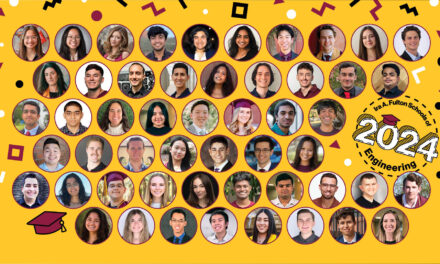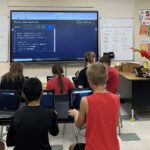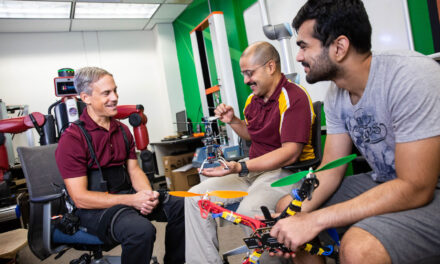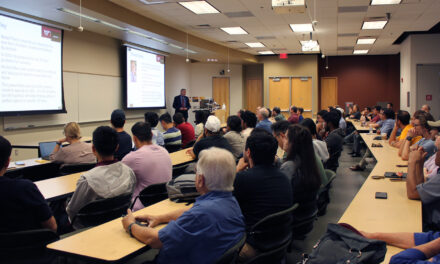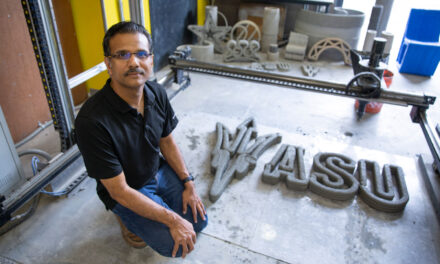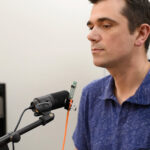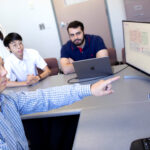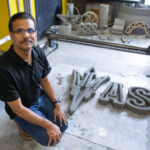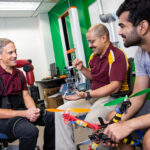
New Faculty Member, 2023–24
Wanxin Jin
Assistant Professor, mechanical and aerospace engineering
Wanxin Jin recalls being captivated by aircraft and spacecraft since childhood.
“I was fascinated not only by their scientific shapes but also by their autonomous operation,” Jin says.
Those interests motivated him to pursue a degree in mechanical and aerospace engineering.
“Throughout my study and research, I have derived great satisfaction from delving into the fundamental principles that underlie these machines,” he says. “I have also taken immense pleasure in developing my own methods to empower them with new capabilities that were previously unseen.”
Jin’s current research investigates ways to equip robots and other machines with enhanced intelligence and capabilities to maximize their benefit to society. He’s now pursuing that goal as a new assistant professor of mechanical and aerospace engineering at Arizona State University, where he will establish the Intelligent Robotics and Interactive Systems, or IRIS, lab, focusing on developing robots’ intelligence to better interact with humans, physical objects and environments.
Jin joins the School for Engineering of Matter, Transport and Energy after two years of postdoctoral research in the GRASP Lab robotics program at the University of Pennsylvania. He had earlier completed work for his doctoral degree at Purdue University, where he earned the Purdue ICON Outstanding Research Award. He also was a recipient of the Purdue Magoon Award for Excellence in Teaching, the Purdue Ross Fellowship and was a Best Student Paper Finalist at the Institute of Electrical and Electronics Engineers Digital Avionics Systems Conference in 2021.
ASU’s top-ranked engineering programs, research innovation, supportive community for junior faculty and its reputation worldwide as a highly respected university made the Fulton Schools Jin’s logical choice for the next step in his career.
“As a roboticist, my passion is to push the boundaries of robots’ physical capabilities and intelligence, particularly during their interactions with humans and environments or objects,” he says.
Jin’s ASU research group will be dedicated to developing innovative theories, algorithms and systems to address two questions. First, how does a robot, through interaction with humans, behave in concert with human users for a shared mission? Second, how can a robot, through touching and manipulating objects, affect the physical environment effectively and safely?
“I believe finding effective solutions to these two questions will be critical to making advances in the deployable robot intelligence that will eventually benefit various aspects of our society,” Jin says.
Meet the newest faculty members of the Fulton Schools of Engineering here.
Written by Hayley Hilborn






